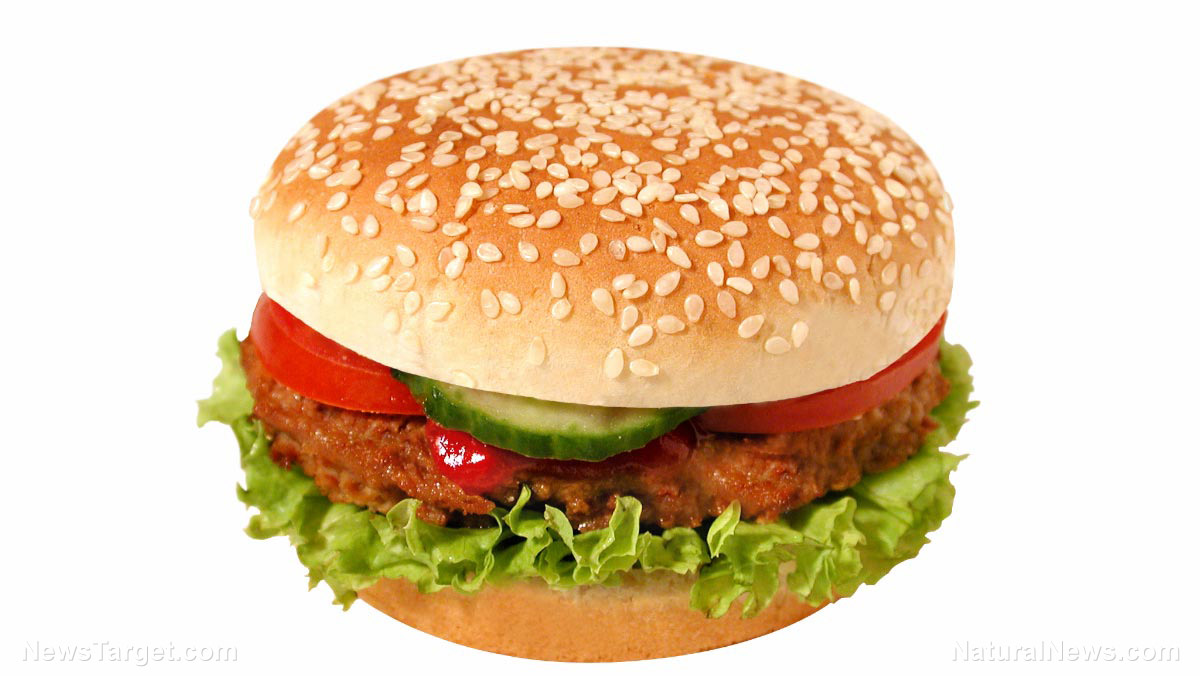
Advertisement
Breakfast cereals are a staple of the typical American diet. Most people are waking up to the fact that a breakfast consisting mostly of added sugar isn’t good for you, but what you may not know is that even the synthetic vitamins “enriching” your corn flakes and cereal bars can also be detrimental.
A recent report authored by the Environmental Working Group (EWG) indicates that cereals fortified with synthetic forms of zinc, niacin and vitamin A could be harming the very children they are so often marketed to — potentially damaging internal organs and the immune system over time.
The EWG team specifically examined those three nutrients because synthetic versions of the vitamins are what get added to “enrich” the cereal. The researchers wanted to better understand how manufacturers are using these synthetically-derived vitamins and included nutrition labels from 1556 different types of cereal and 1026 snack bars in their in-depth analysis. What they found was that 114 brands of cereal put exorbitant amounts of at least one of these synthetic vitamins in their cereals, if not all three. The amounts of the vitamins seen in these cereals exceeded the recommended daily amounts for adults by 30 percent. The researchers also found that 27 snack and energy bars exceeded the daily recommended amount by up to 50 percent.
The major issue with this is that while these are quite vital nutrients — in their synthetic form — they also possess potential health risks. For example, excess synthetic vitamin A can cause hair loss, skeletal abnormalities and liver damage. Too much synthetic zinc can inhibit the absorption of copper, which is essential for immune function. These very same vitamins are completely safe and nutritious when found naturally in whole food sources. Manufacturing a vitamin in a lab and then artificially inflating the nutritive value of cereals via injection produces quite a different effect.
The EWG report explains the motives behind these excessive nutrient-adding practices and states, “Food producers often fortify foods with large amounts of vitamins and minerals to make their products appear more nutritious so they will sell better.”
Of course, artificial nutrients are not the only potentially toxic ingredient found in children’s cereals. Refined sugars, high-fructose corn syrup, hydrogenated oils and soy lethicin also carry significant health risks. Artificial colorings, metal fragments, and toxic preservatives like BHA and BHT also make frequent debut in many children’s cereals. Breakfast cereal is not, and has never been, the paragon of nutrition it claims to be.
Sources:
Advertisements







